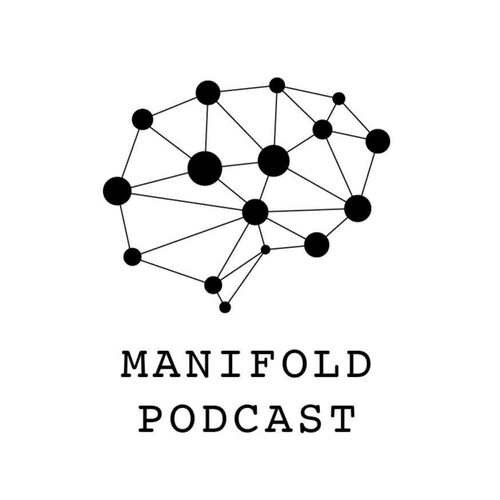
 Manifold
Manifold Philippe Lemoine: Bad Covid Science, Ukraine Analysis, and Philosophy — #62
6 snips
Jun 20, 2024 PhD candidate Philippe Lemoine discusses bad COVID science, Ukraine war analysis, and philosophy. Critiques lockdown effectiveness, flawed pandemic predictions, and challenges in empirical validation. Explores Russia-West relations, conflict complexities, and potential security guarantees for preventing conflicts. Analyzes Putin's motivations, negotiations in the Russia-Ukraine war, and long-term predictions.
AI Snips
Chapters
Transcript
Episode notes
Academic Journey
- Philippe Lemoine initially studied computer science but found it unfulfilling.
- He then pursued political science, finding the classes superficial but appreciating the breadth of topics.
Philosophical Awakening
- Lemoine's interest in philosophy was sparked by reading Aristotle's Physics.
- He transitioned from continental philosophy to analytic philosophy, eventually pursuing a PhD at Cornell.
Measurement Theory Critique
- Lemoine's dissertation explores measurement theory, arguing against a purely empirical interpretation.
- He posits that measurement theory is theoretical, similar to other scientific theories, requiring holistic verification.
